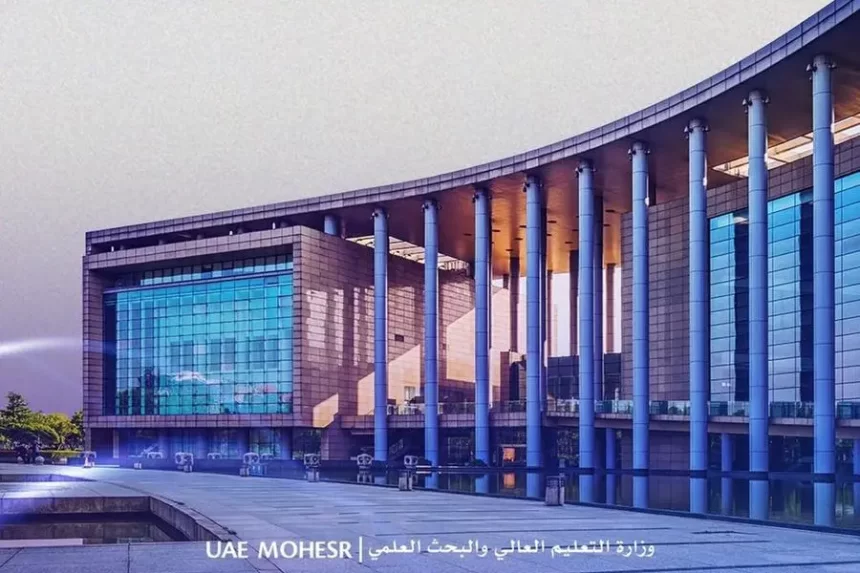The Ministry of Higher Education and Scientific Research (Mohesr) has introduced a new simplified system for the institutional license and the accreditation of programs for higher education institutions based on the EAU (HII). This initiative includes the adoption of an evaluation framework based on results in accordance with Ministerial Resolutions No. (27) or 2024 and No. (62) or 2025. The decision establishes clear roads for the institutional license and accreditation of the existing and new IEI program. It also introduces a unified framework to evaluate institutions based on performance indicators.
As part of this initiative, the document requirements have been significantly reduced, which makes the process more efficient. The new institutions will now require only five documents, below 28, to obtain a license. The paperwork for the accreditation of academic programs for the first time has been reduced from 13 documents to only one, while the requirements to renew the institutional license have been reduced from more than 11 to only one. Similarly, existing HEIs seeking accreditation for a new program will now only need a document instead of 13.
His excellence, Dr. Mohammad al Mualla, secretary of Mohesr, emphasized that the initiative is aligned with the ministry’s commitment to simplify the services under the zero government bureaucracy program. In addition, he stressed that this decision supports the broader strategy of the ministries to improve the quality of higher education, aligning the results with the needs of the labor market and learning useful life.
His excellence, Dr. to Muallla, revealed that the ministerial decision is significant by the license and accreditation schedule. If all the requirements are with, the license process for new institutions has been reduced from six months to a week. Similarly, accreditation for new academic programs now has been nine months. The renewal of the accreditation of existing programs has been reduced from nine months to a maximum or three months.
He added that a risk -based management system will be introduced to renew the institutional license and academic accreditations. This will help optimize the process and reduce the time required for renewal. Low risk institutes will receive a six -year license with supervision every three years, while high -risk institutions will be awarded a two -year license with annual monitoring.
His excellence, Dr. to Muallla, said that the new framework provides all the IEIs based on the EAU a unified evaluation mechanism based on clear performance indicators. This ensures that all institutions are evaluated in measurable results.
The decision describes the clear roads so that the new institutions obtain a license and accreditation, as well as for existing institutions to renew the institutional license or the accreditation of the program. It also defines the steps to prove new programs. Add or close an academic unit will require a previous Mohesr approach. In addition, license procedures will be unified between Mohesr authorities and local education. The institutes will receive a license from the Ministry by undertaking local approval, and international accredited academic programs will automatically recognize the need for addition procedures, simplify the service and improve efficiency.
Within the framework based on results, the Ministry identifies six key pillars, each assigned a specific weight as follows: employment results (25%), learning results (25%), collaboration with partners (20%), scientific research results (15%), reputation and global presence (10%) and community participation (5%). These pillars will be evaluated through predefined performance indicators to guarantee an integral evaluation based on HEI data.
This decision applies to all existing IEIs licensed by the Ministry, as well as the new institutions that seek Mohesr license.








